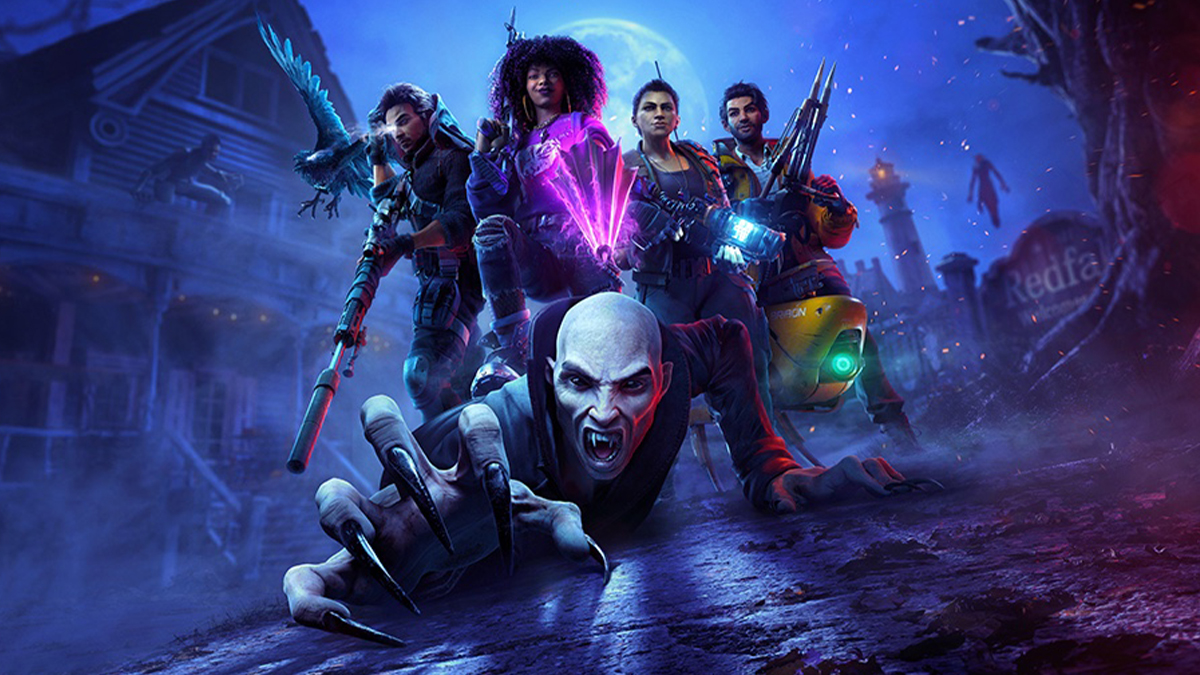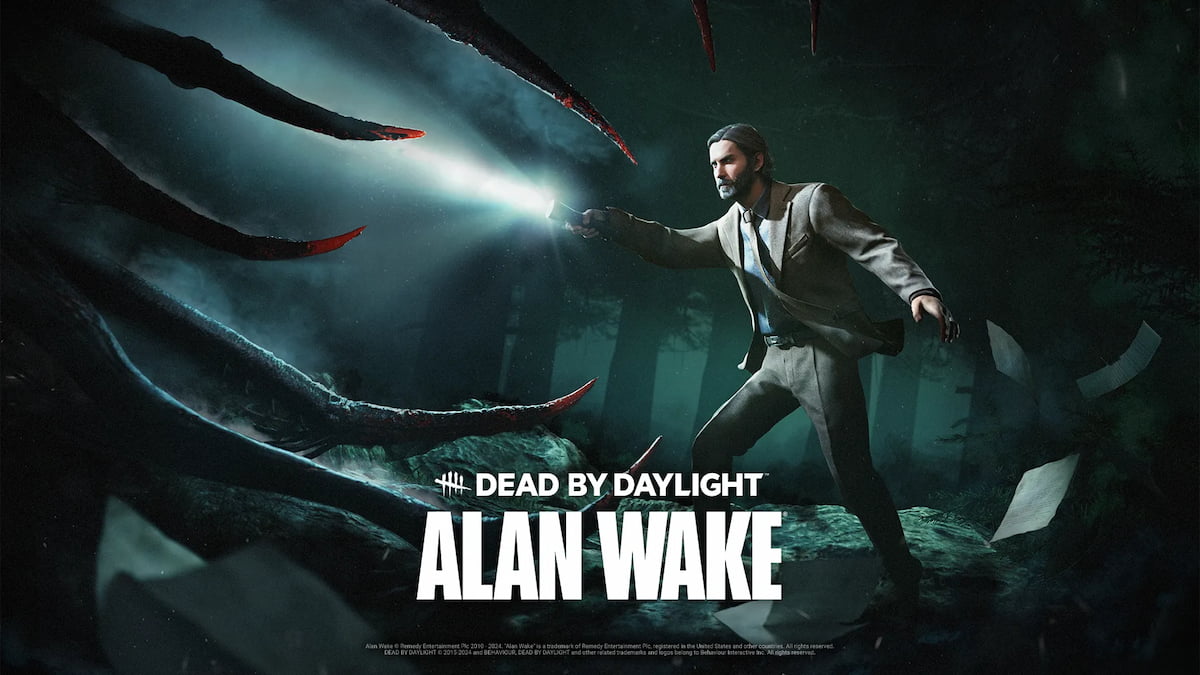Hot off the heels of both Redfall and Suicide Squad: Kill the Justice League confirming that, despite both offering single player modes, players will be required to have an internet connection in order to play single player, a righteous furor has been building online. Similar to the days when Microsoft intended for its Xbox One console to have an online requirement at the system level, the gaming community once again is pushing back against this practice.
The irony, in some ways, is that the people who are able to complain about this issue the loudest are those who are least likely to actually be effected by it — those writing about it online. That doesn’t mean those complaints are invalid, though more often than not they miss the real heart of the issue. Forcing always online requirements in games with single player components is a bigger issue than just fighting intrusive DRM. It extends to the point of denying entire groups of players from even accessing these games due to factors such as economic status and location.
Not as connected as we think

It’s easy to think of the internet as being an ever-present and universal tool. Most of us rely on it for entertainment, communication, organization, and even for our jobs. If the internet were to go down for a day, I’d bet it’d have a serious impact on how we went about our lives. There’s nothing wrong with that, but being perpetually online can easily fool us into believing that is the norm.
While internet access has stretched to most corners of the globe, it is far from universal. Even in the US alone, internet access isn’t a given. Based on data gathered by the US census bureau, approximately 87% of households have internet access as of 2021. That sounds high, but that remaining percentage with no internet whatsoever still comes out to over 43 million homes.
This statistic also doesn’t take into account how many people live those households, nor differentiate homes with gaming consoles from those without. However, the point remains that a huge number of people have no internet connection whatsoever. When factoring in other things like simply having unreliable internet, data caps, and low speeds, that number only grows.
Buying or borrowing

Living in a the digital age, the concept of ownership is already becoming muddy. The majority of players — according to sales data anyway — have accepted the potential risks of buying things digitally for the sake of convenience. This was always accepted because, until recently, it was a choice. If you didn’t like the idea of losing access to a digital game, you could just buy a physical copy (assuming there was a physical release and it wasn’t a purely online experience of course). This new online requirement for single player games makes them just as volatile as any online-only games, of which we recently saw a wave of shutdowns for.
This bleeds into the ongoing battle against the used games market. If no one really “owns” a game, then there’s no way to trade, sell, or exchange them. That market will die one day, and once that happens access to our products, and what we can and cannot do with them, will be at the whim of the publishers.
Even ignoring all of that, there’s another link in this chain; the servers. If the servers go down, through no fault of the players, that’s a useless game. We’ve seen examples of this dating back to Diablo 3’s atrocious launch, all the way up to more recent examples like Gran Turismo 7. Both games had single player modes, but due to server issues, everyone who paid full price and was excited to play was met with a brick wall. As a consumer who purchased a product, that is unacceptable.
Punishing the players
The reason developers and publishers are choosing to force online requirements, even in games where you don’t have to play with other people, is simply to combat cheating. This is an understandable goal, since who knows how tough it might be to create a system that can somehow tell if someone grinded for 12 hours a day for a week straight to earn tons of currency to spend online, or if they downloaded a hack and simply deposited it all at once.
I’m not privy to all the technical difficulties and complex nature of actually implementing different forms of DRM into games. However, I do know that too many forms of DRM punish the entire playerbase, not just the cheaters. This could be through gimping game performance, intrusive spyware, and, of course, always online requirements. While none are ideal, the latter is pushing the envelope by having exponential downsides for players with low income, or who simply live in the wrong part of the world where the infrastructure isn’t able to deliver reliable, high speed connections.
We shouldn’t be silent about having to buy single player games that, in all likelihood, won’t be playable in 5 to 10 years, but we also shouldn’t stop there. If this always-online single-player trend continues, we’re disregarding the tens of millions of players who are essentially being barred from this medium. Developers must start to consider those players with greater weight and find some type of compromise that doesn’t cut access to large swaths of people.







Published: Mar 4, 2023 07:02 am